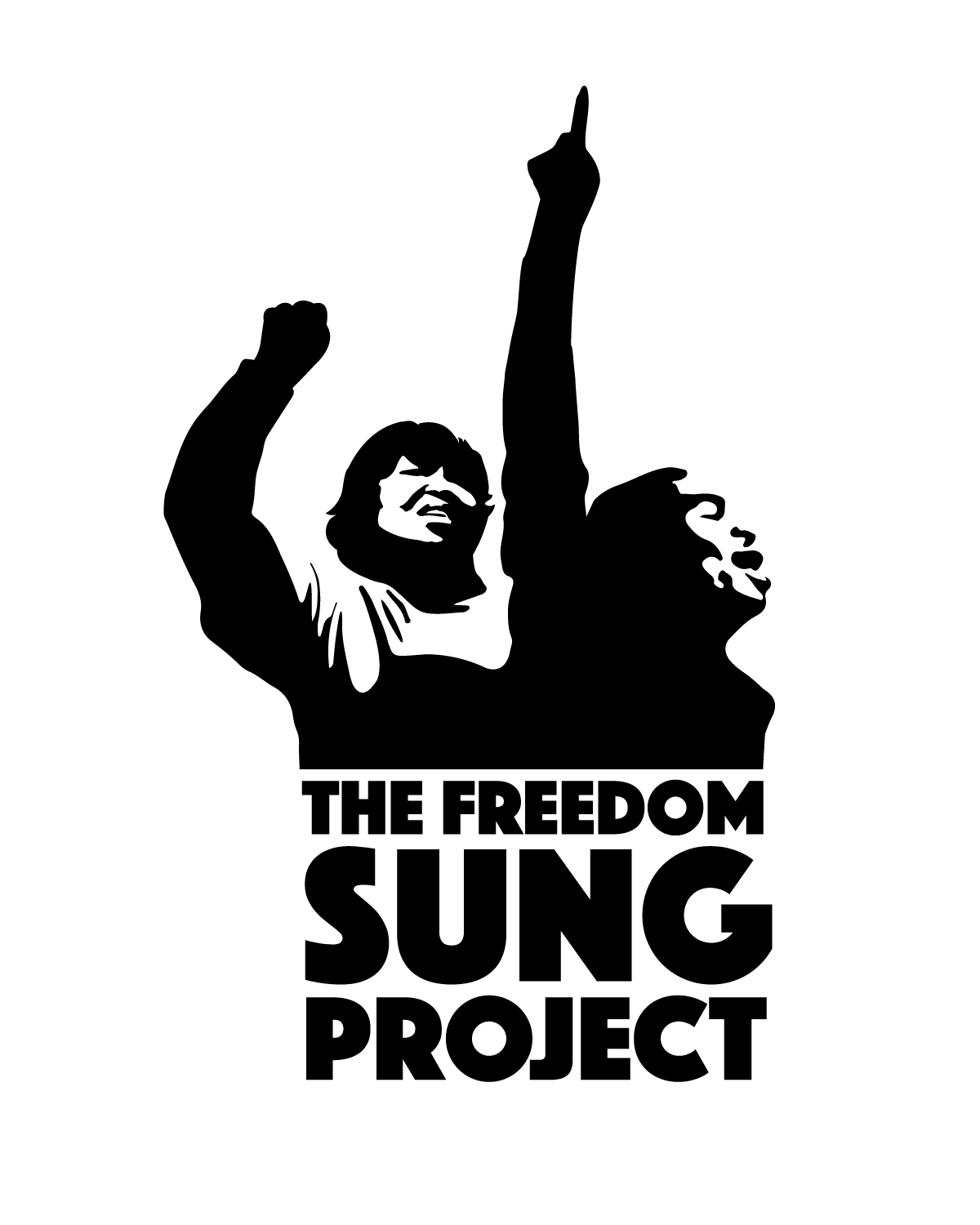I am a socio-cultural anthropologist and software engineer who has a background in performance and integrated arts. My scholarship focuses on the interdisciplinary intersections of performance, politics, and embodiment. Since 2007, I have worked in South Africa investigating the role of embodied performance within activist collectives opposing neoliberal state economic policies. Between 2009 and 2010, I was in Johannesburg pursuing fieldwork with a social movement organization called the Anti-Privatisation Forum, investigating its internal dynamics and public contestations through a performance lens. That research has yielded a number of journal articles and is the basis of my current book project, You Can’t Go to War Without Song: Performance and Community Mobilization in Post-Apartheid South Africa.
Among its interventions, You Can’t Go to War Without Song advances feminist political theory by elaborating the dissonance between activist practices and avowed commitments to gender equity. Complex gender dynamics structured the participation of activists within the social movement the book examines. Although women activists constituted a majority of the membership of the movement, contributing numbers and vibrancy to protest demonstrations, their numbers were not well represented in leadership structures, which were male-dominated. In their gendered interventions, they inaugurated different modes of activist practice, emphasizing healing, communal support and personal transformation over seeking token representation among movement leadership or combative engagement. Their embodied practices offer a reconceptualization of mobilization that is attuned to activists’ rallying of their individual bodies and intersubjective bonds as they participated in collective action.
Myself a performer, I am developing a one-woman show based on interviews with these women activists. The development process continues to reveal performance to be a site of transmitting and transcending knowledge in that I continue to uncover critical dimensions of activists’ experiences that had been easily overlooked in prior analytical categories.
My research has been supported by grants and fellowships from, among other sources, the U.S. Department of Education (Fulbright-Hays DDRA), the National Science Foundation (NSF-GRF and NSF-DDIG), the Social Science Research Council (IDRF), a postdoctoral fellowship from the Center for Research in the Humanities at the University of California, Merced, and the Florida Education Fund's McKnight Junior Faculty Development Fellowship.
Read more about my publications below.
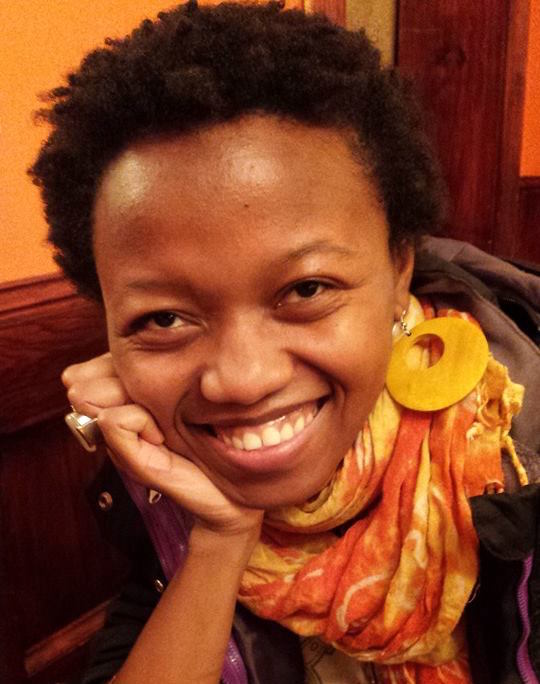

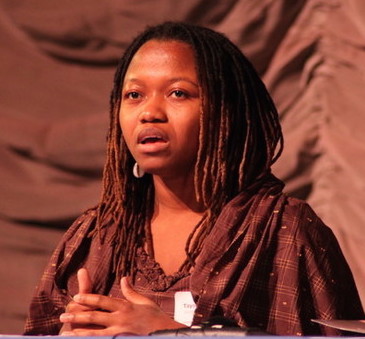
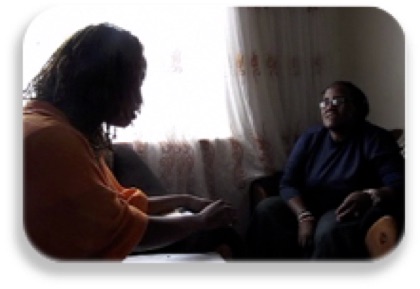
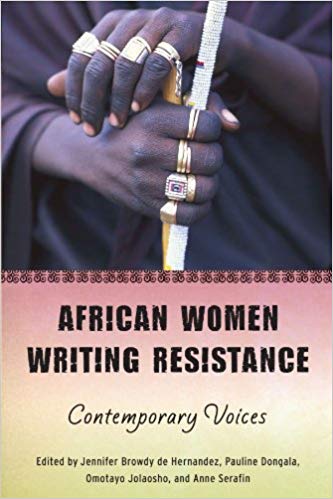
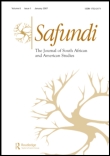
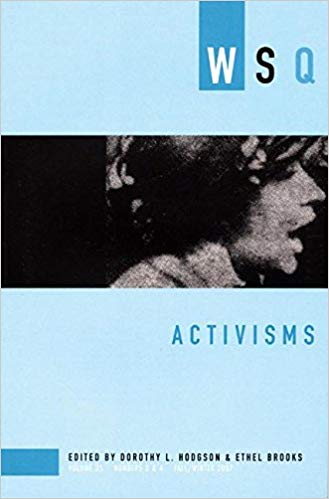
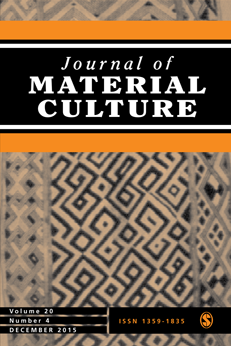
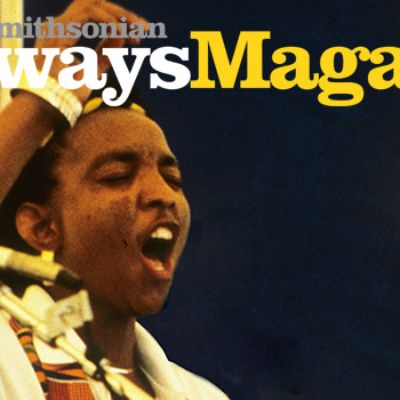
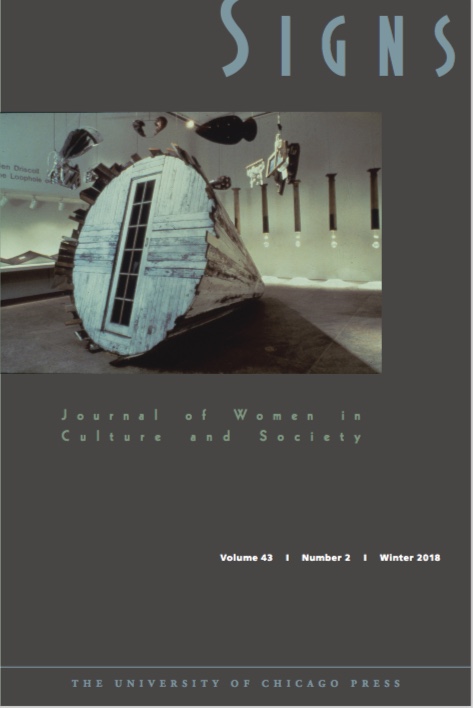
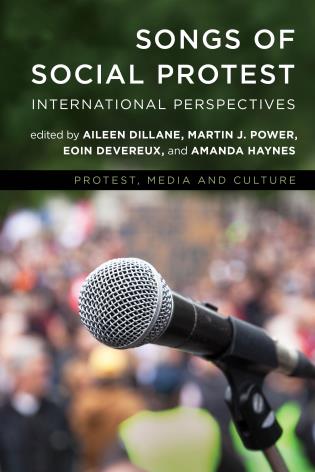
MadodaMkhobeni(53).jpg)
MadodaMkhobeni(11).jpg)
MadodaMkhobeni(110).jpg)
MadodaMkhobeni(143).jpg)
MadodaMkhobeni(165).jpg)
MadodaMkhobeni(166).jpg)
MadodaMkhobeni(18).jpg)
MadodaMkhobeni(25).jpg)
MadodaMkhobeni(27).jpg)
MadodaMkhobeni(28).jpg)
MadodaMkhobeni(44).jpg)
MadodaMkhobeni(9).jpg)
MadodaMkhobeni(69).jpg)
MadodaMkhobeni(105).jpg)
MadodaMkhobeni(109).jpg)
MadodaMkhobeni(112).jpg)
MadodaMkhobeni(118).jpg)
MadodaMkhobeni(124).jpg)
MadodaMkhobeni(56).jpg)
MadodaMkhobeni(60).jpg)
MadodaMkhobeni(7).jpg)
MadodaMkhobeni(73).jpg)
MadodaMkhobeni(90).jpg)
